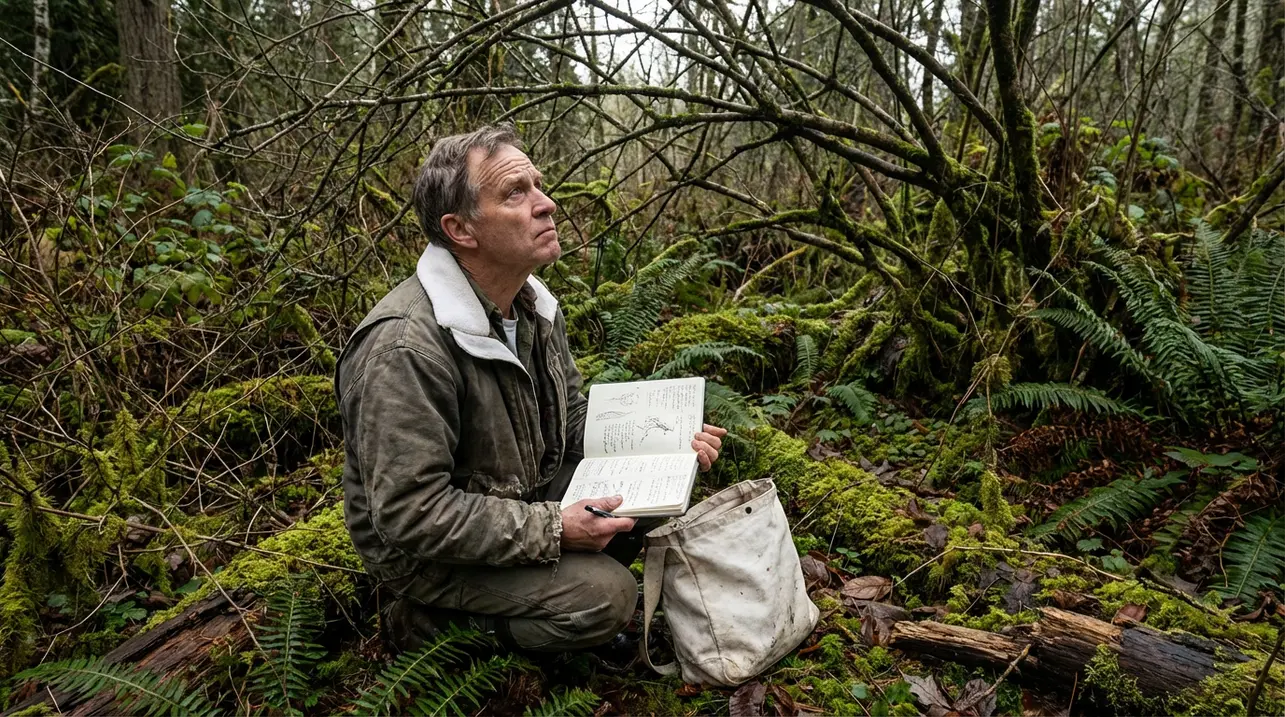
SciencebiologyEvolution and Ecology
Beyond the Binomial: Why Nature's Chaos is Our Most Vital Teacher
RA
Rachel Adams
2 hours ago7 min read
Humanity's ascent was marked by a pivotal trade: we exchanged the immersive wonder of the forest for the cognitive tool of categorization. This ancient technology, a relic from our hunter-gatherer minds, became our instrument of dominion—a double-edged sword as perilous as it is potent.As a biologist, I see the ghost of this impulse in the very bedrock of my field: the Linnaean system. Carl Linnaeus’s 18th-century *Systema Naturae* was a monumental intellectual achievement, a grand effort to tame the blooming, buzzing confusion of nature by classifying every organism into a hierarchical order.It gave us a powerful language to name, and thus, in our perception, to possess. Yet, in our reverence for this order, we have sacrificed an understanding of the vibrant, interconnected reality that defies such neat filing.I have witnessed this firsthand in the field, where a single patch of old-growth soil dismantles our simplistic labels, hosting a symbiotic network of fungi, bacteria, and roots that operates as a single, fluid superorganism, openly mocking the rigid boundaries of our field guides. This reflection, then, is not a dismissal of Linnaeus but a praise of the very confusion he sought to eliminate—a necessary antidote to our anthropocentric arrogance.The conservationist Aldo Leopold captured this in his land ethic, urging us to see ourselves as plain members of the biotic community, not its conquerors. When we label a wolf a ‘predator’ and a deer ‘prey,’ we tell a simple story of population control, but we become blind to the wolf’s role in sculpting riverbanks by altering deer behavior, a breathtaking trophic cascade witnessed in Yellowstone.Our categories create dangerous blind spots. In an era of catastrophic biodiversity loss and climate breakdown, these blind spots are fatal.The current Holocene extinction, driven by human activity, is a crisis of perception—we fail to value the unnamed, the uncategorized, the ‘non-charismatic’ microfauna whose functions are the bedrock of our planetary health. Contemporary science, from quantum physics to microbiology, consistently reveals a universe built on relationship and probability, not isolated entities.An electron is a particle and a wave; a lichen is a composite being of fungus and algae, a partnership that challenges the very definition of an individual. To cling to an 18th-century filing system in the face of 21st-century knowledge is a form of intellectual inertia.The path forward is not to abandon naming, but to embrace a more humble, relational science. This is the science braided by botanist Robin Wall Kimmerer, one that weaves indigenous wisdom with empirical inquiry, recognizing the living world as a community of subjects, not a collection of objects.It is a science that treasures questions as much as answers, one that finds profound wisdom in the tangled, uncategorizable web of life. Our survival may well depend on learning to see the forest again, not just the timber, and rediscovering our place within the glorious, confounding whole.
#philosophy of science
#taxonomy
#nature
#human cognition
#environmentalism
#editorial picks news
Stay Informed. Act Smarter.
Get weekly highlights, major headlines, and expert insights — then put your knowledge to work in our live prediction markets.
Related News
Comments
Loading comments...
© 2025 Outpoll Service LTD. All rights reserved.